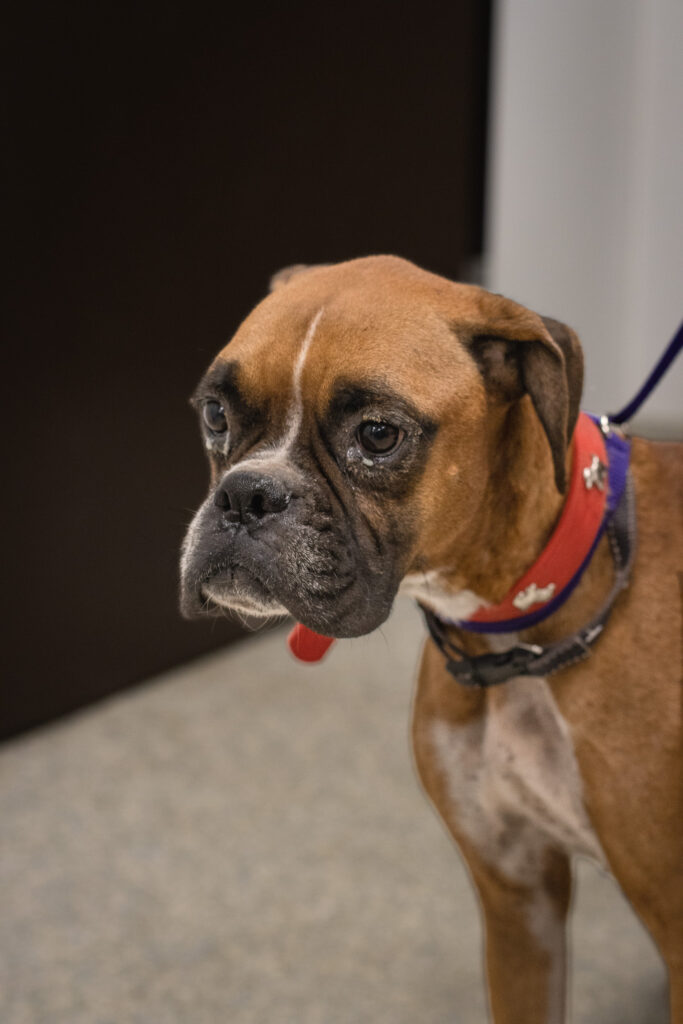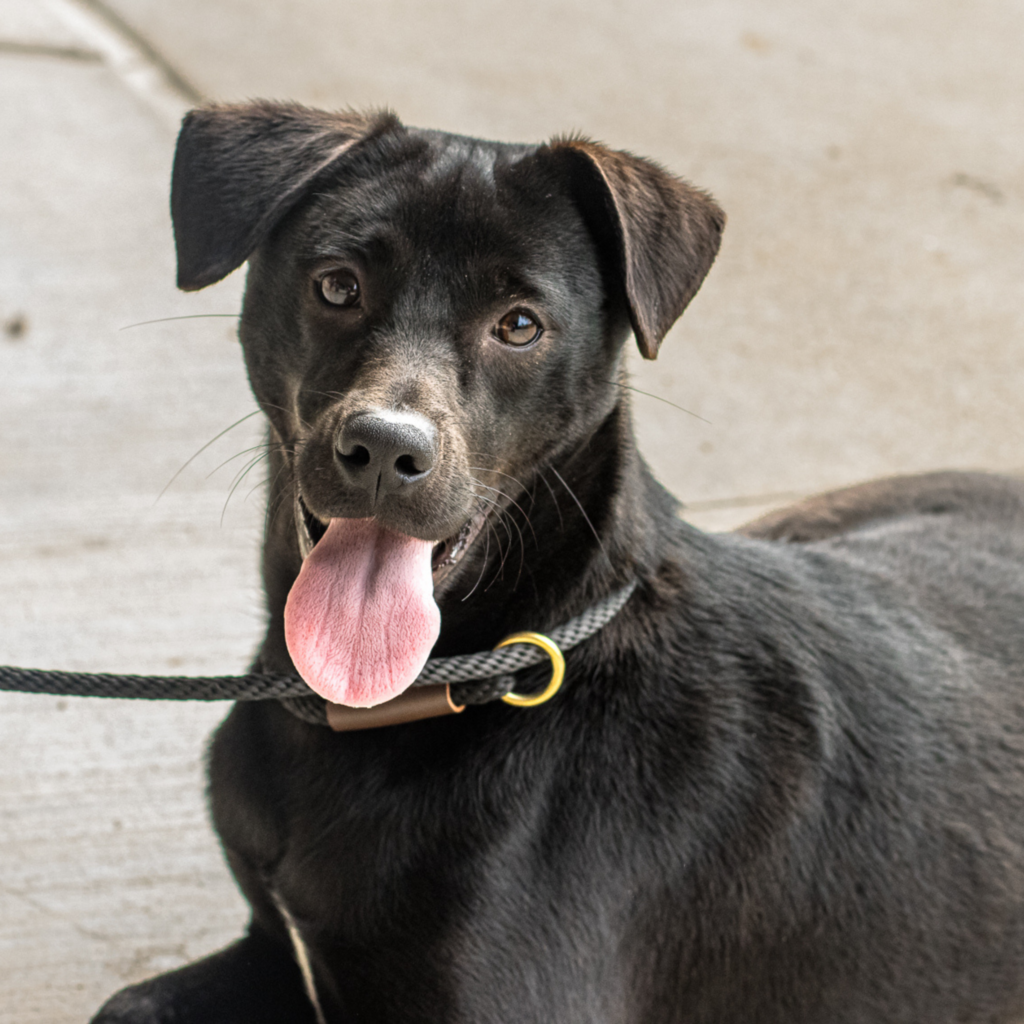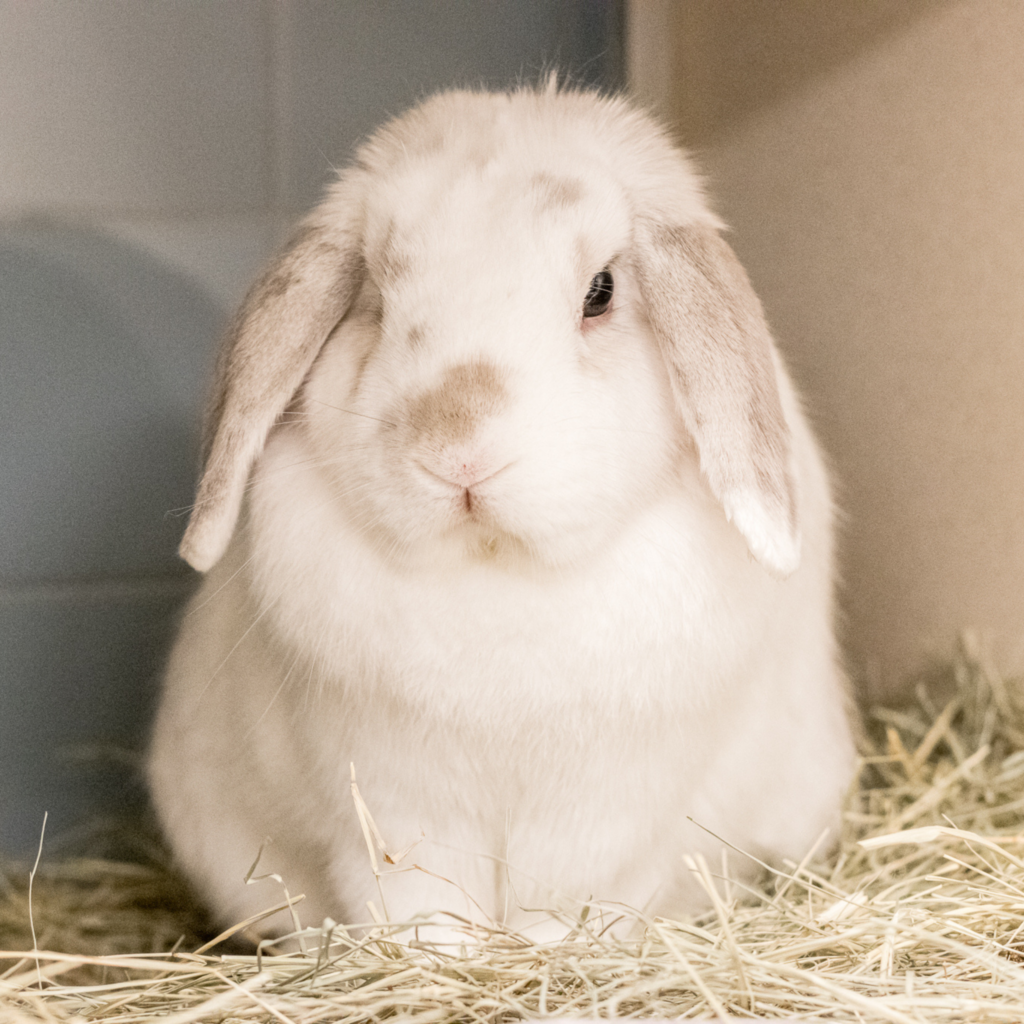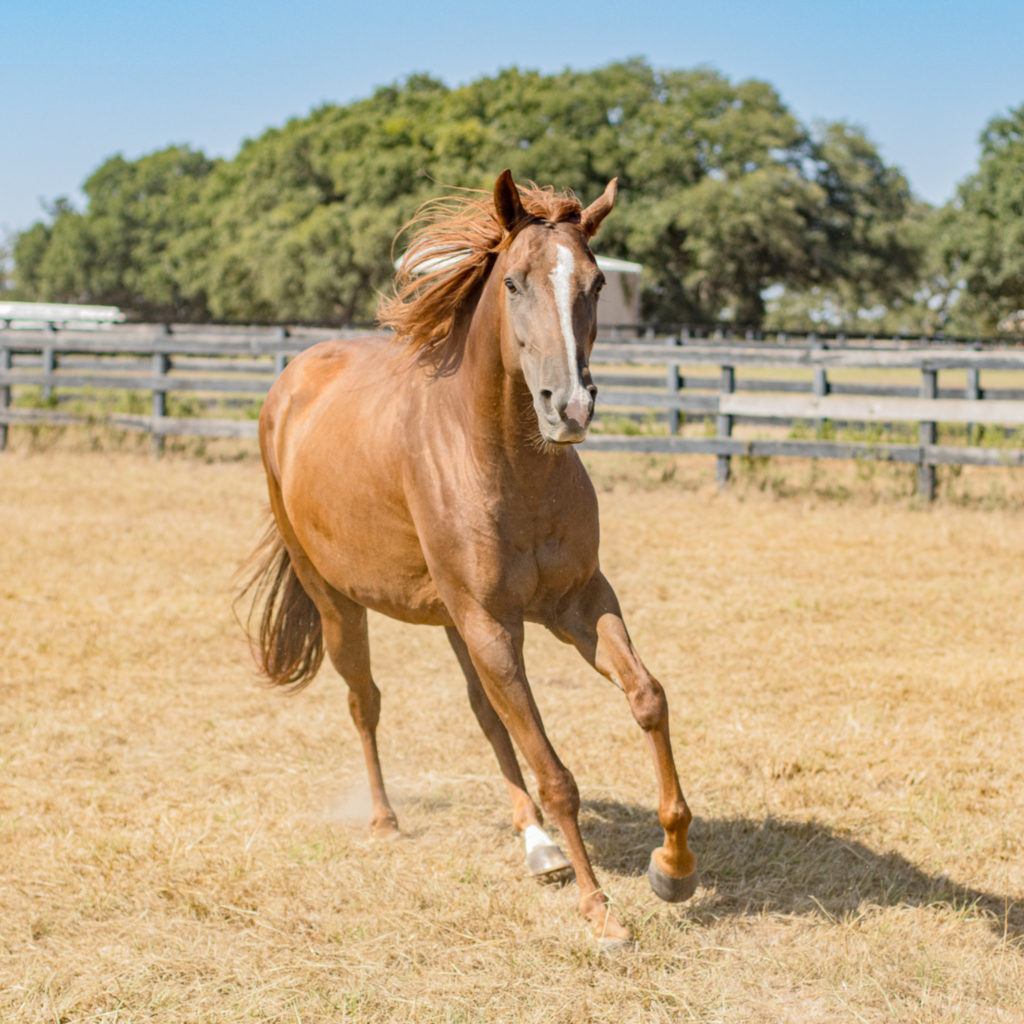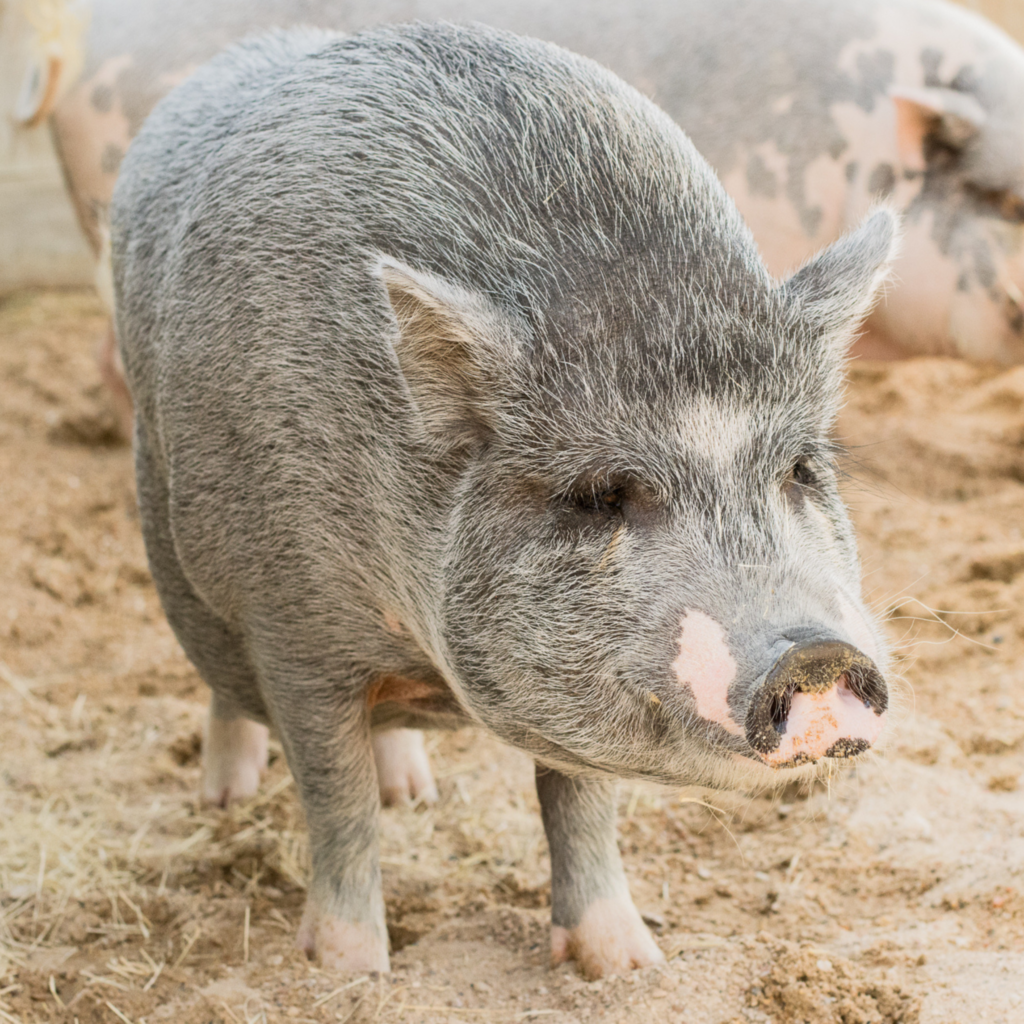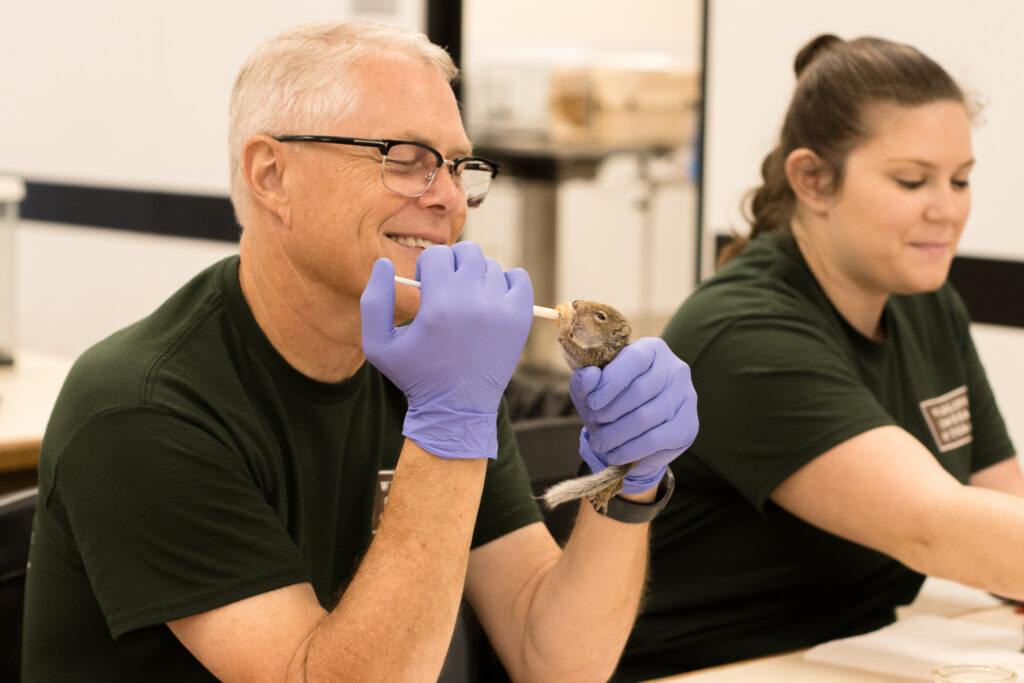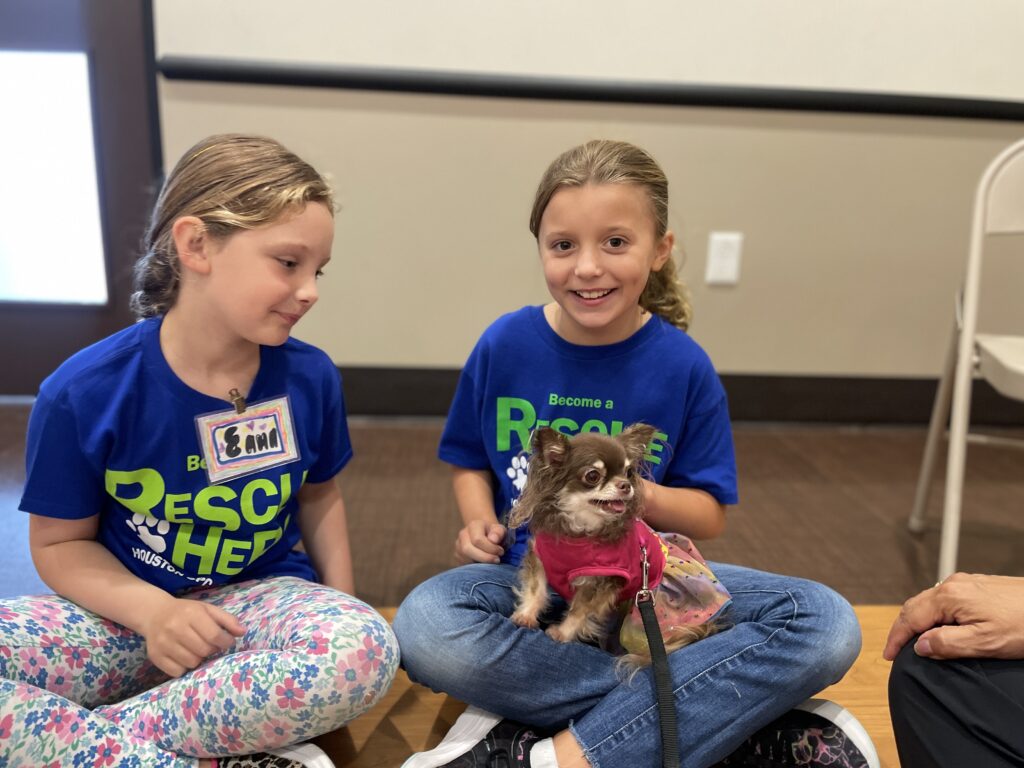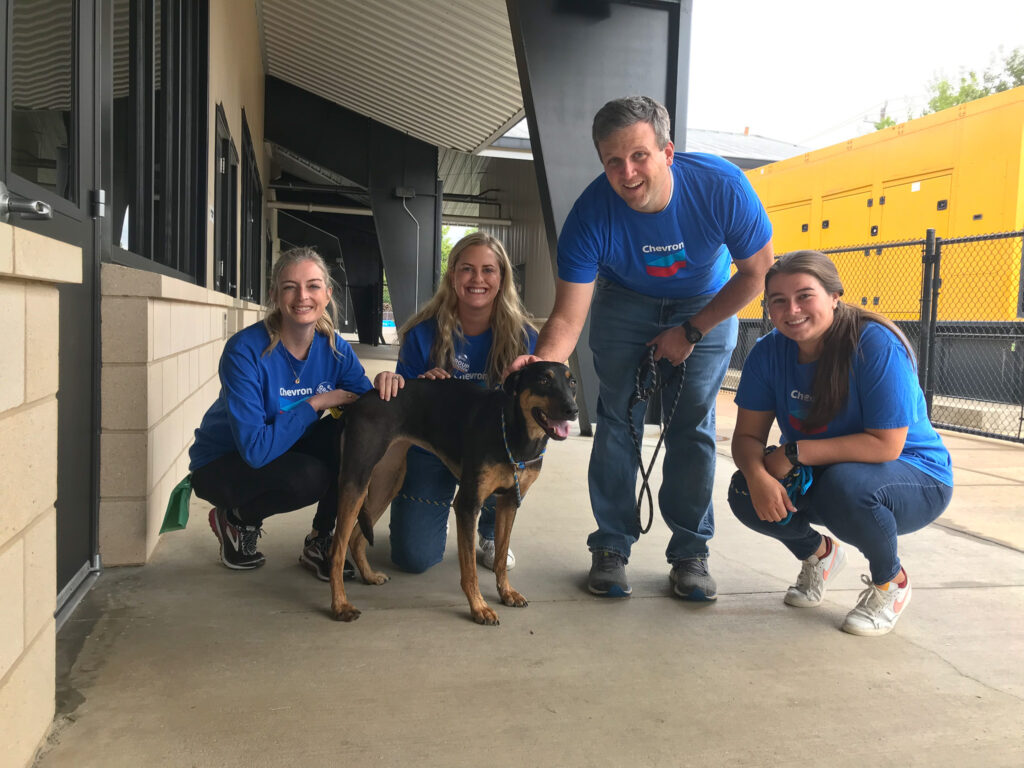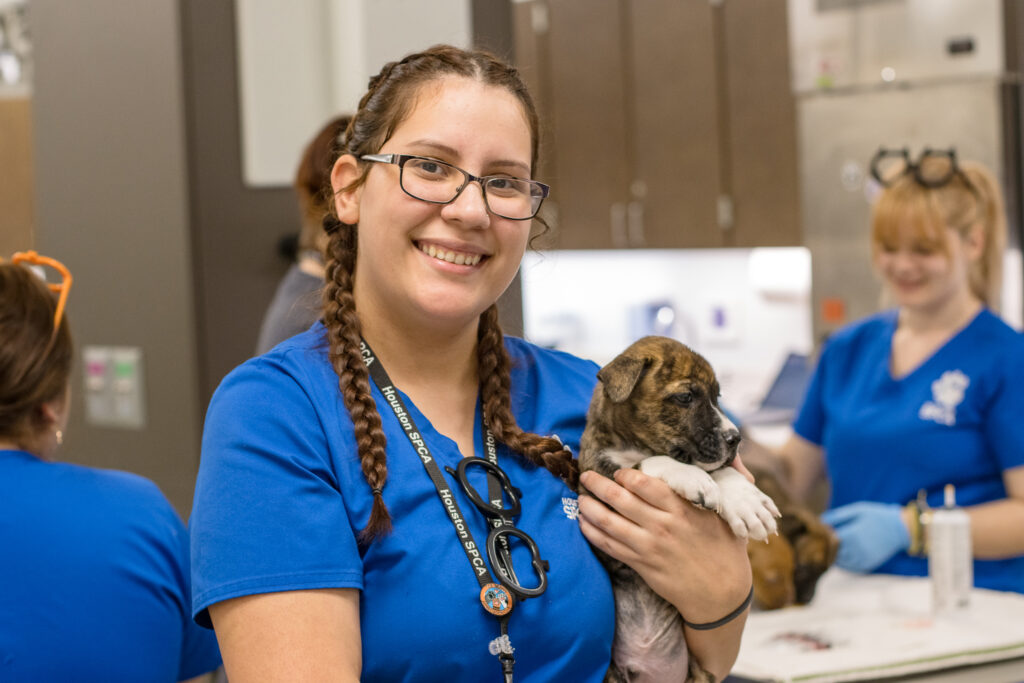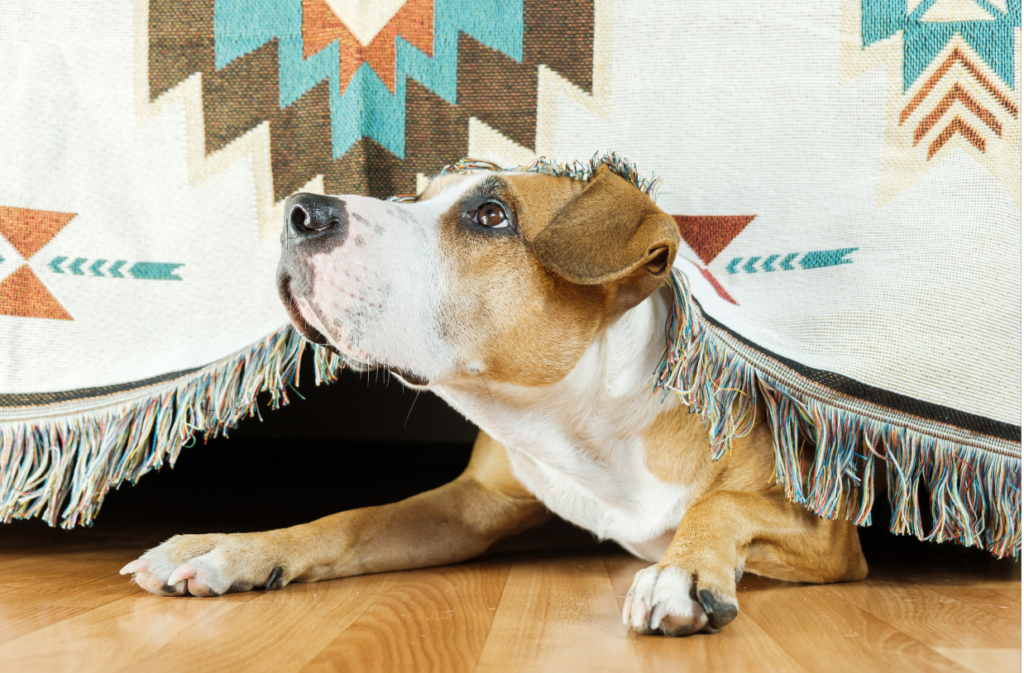(October 3, 2023)
Bringing a rescue dog into your home is an incredible experience. You’re giving a deserving dog a second chance at a happy life and gaining a loyal companion. However, it’s essential to be prepared for potential challenges, and one common issue that new pet parents may face is separation anxiety. Rescue dogs, in particular, can be prone to separation anxiety due to their past experiences.
Separation anxiety in dogs is a behavioral disorder characterized by excessive distress when left alone. Common signs include incessant barking, destructive chewing, digging, urination or defecation indoors, and attempts to escape. It’s crucial to distinguish between normal adjustment behaviors and true separation anxiety.
Before addressing separation anxiety, you need to recognize the signs. If your dog displays any of the following behaviors when you leave the house, it might be dealing with separation anxiety:
Excessive vocalization: Persistent barking or howling.
Destructive behavior: Chewing furniture, doors, or belongings.
Inappropriate elimination: Urinating or defecating indoors, even if house-trained.
Pacing or restlessness: Anxious behavior when sensing your departure.

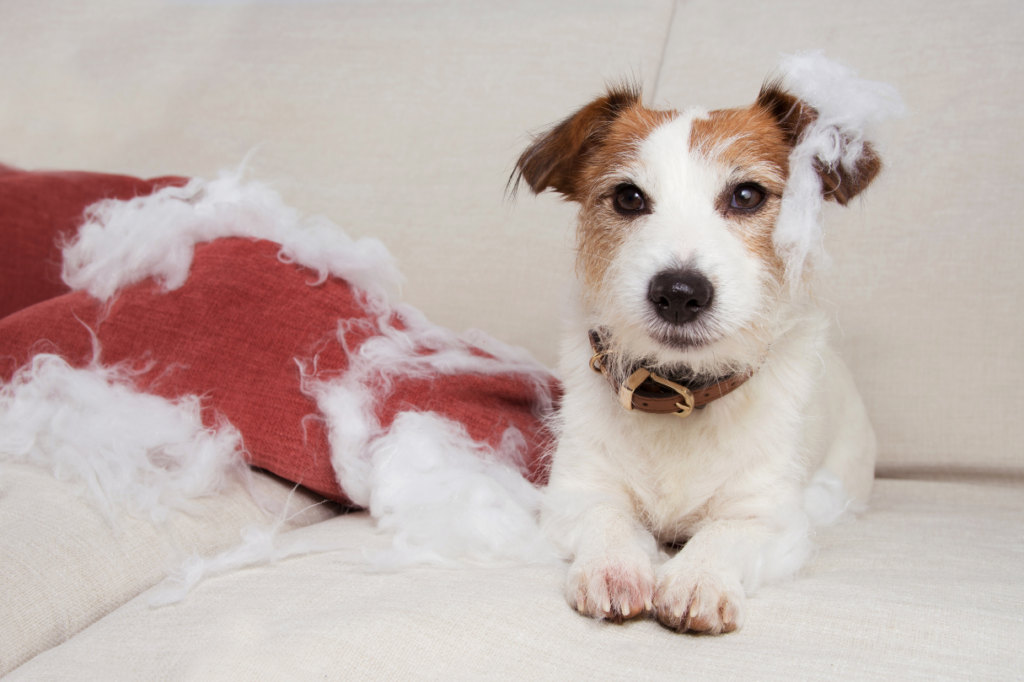
It’s very common for dogs with separation anxiety to act out when their owners are away from home.
The best way to address separation anxiety is to focus on gradual desensitization. Start by leaving your dog alone for short periods and gradually increase the time. This helps your pet build confidence and trust in your return. Make sure you’ve created a safe space for your pet. Designate a comfortable and secure area for your dog when you’re not home, such as a crate or a specific room. Make it inviting with toys and bedding. Dogs thrive on routine. Try creating a schedule they can become familiar with. Consistency in feeding, walking, and departure cues can help reduce anxiety. Ensure your dog gets enough exercise and mental stimulation daily. A tired dog is less likely to exhibit stress. Associate your departure with positive experiences. Offer treats or toys exclusively when you leave, creating a positive association. Lastly, consult a veterinarian or certified dog behaviorist for tailored guidance if the separation anxiety persists or worsens.
Separation anxiety is a common challenge that many rescue dogs face, but with patience, understanding, and consistent training, it can be managed effectively. As a new pet parent, your commitment to addressing your dog’s separation anxiety will improve their quality of life and strengthen the bond between you and your furry companion. Remember that every dog is unique, and what works best may vary from one individual to another. Be patient, stay positive, and celebrate the small victories as you help your rescue dog overcome separation anxiety and thrive in their loving home.



